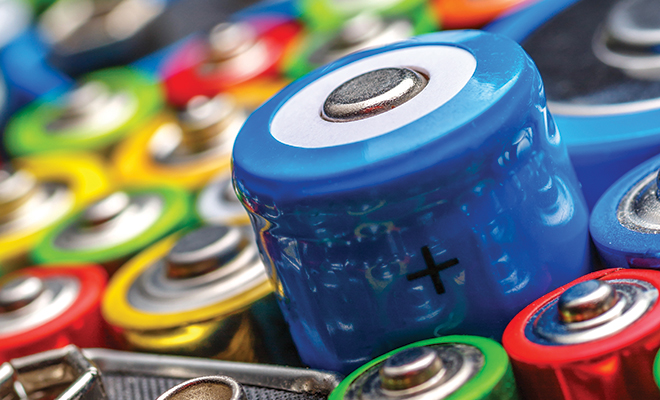
A Green Guide to Mindful Disposal
We live in a consumer culture in which many useful items end up in the trash because they are unwanted, unused or out of style. With Americans sending 140 million tons of waste to landfills each year, everyday choices about what to keep and what to throw out can have a significant impact on the environment.
The phrase Reduce, Reuse, Recycle doesn’t apply just to empty bottles and cans. As this month’s green guide for November and December meals and holidays demonstrates, conservation can include so much more.
Composting Food Scraps
Food waste is one of the largest components of most landfills. Food scraps from fruits and vegetables can be recycled and transformed into a beneficial soil additive through a process known as composting. Five —including California, Connecticut, Massachusetts, Rhode Island and Vermont— have laws that mandate food waste recycling along with plant clippings and other forms of organic waste. You can compost food waste at home and keep it out of the landfill.
More Recycling and Reusing
Besides furniture and clothing, there are many household items you can recycle or donate for reuse instead of throwing away. Here are a few you might not have considered.
Bubble wrap. Online shopping is convenient, but it brings excess packing materials into the home. Cardboard boxes are recyclable, but what about bubble wrap? You can save it and reuse it for mailing packages or donate it to a charity or local business with shipping needs. In some areas, you may be able to recycle your bubble wrap. Recycling centers that accept plastic bags and wraps are more likely to also accept bubble wrap.
Eyeglasses. As our eyes change over time, so do our eyeglass prescriptions. Instead of tossing your old frames into the trash, why not give them a second life? Many organizations collect used eyeglasses to distribute to those in need; a few domestic organizations include Lions Clubs, Warby Parker, Costco, Sam’s Club and Walmart. By donating your old eyewear, you can help others have clear vision while reducing the need for new production.
Medical supplies. The COVID-19 pandemic brought to light the importance of having supplies such as masks, gloves and sanitizers on hand in our homes. Remember to properly dispose of single-use items in the designated recycling bin and look for ways to repurpose hand sanitizer bottles once they’re empty.
Shoes. Each year, more than 20 billion pairs of footwear are produced worldwide. Most eventually end up in landfills because there aren’t many recycling options, but some of the materials used to make shoes can take decades to decompose. It’s always better to donate shoes to charities or thrift stores. Many athletic shoe brands now offer take-back programs that let you return your old shoes for recycling into new materials, reducing the demand for new resources.
Disposing of Hazardous Waste
What do used batteries, leftover prescription drugs and cans of unused paint have in common? These items are all considered hazardous waste and require special handling when you dispose of them.
Household hazardous waste. Check with your local trash service to find out where to take household hazardous waste such as batteries, paint and pesticides. You may have to take the materials to a drop-off center or you may be eligible for collection from your home.
Electronics. Computers, monitors, TVs, DVD players, cell phones and other electronics are referred to as e-waste. These products often contain hazardous materials, including mercury and lead, and disposing of e-waste in landfills poses a threat to human health and the environment. It should be safely recycled through community programs, retail stores and manufacturers.
Unused drugs. The U.S. Drug Enforcement Agency requires the safe disposal of both prescription and over-the-counter drugs. Never pour hazardous liquids or drugs down the drain or flush them down the toilet since they can harm the environment and pose a health hazard. Some pharmacies serve as drop-off points for unused medications, but in many communities, you can take them to your local police department.
Don’t Fall for Wishcycling
Using recycling bins is a positive action for the environment, but putting something in the bin because we hope it will be recycled is less than helpful. A used coffee cup or greasy pizza box can contaminate a load of actual recyclables. RoadRunner Recycling says, “Americans assume the nation’s recycling facilities are as efficient at sorting out the junk as a Gmail spam filter. They’re not.”
You can limit your wishcycling by finding out which items can and can’t be recycled in your community. Just because you see a recycling symbol on a label doesn’t mean you should put it in the recycling bin. Be a smart recycler and when in doubt, put it in the trash!
Sources: dumpsters.com, roadrunnerwm.com, realsimple.com and dtsc.ca.gov.







